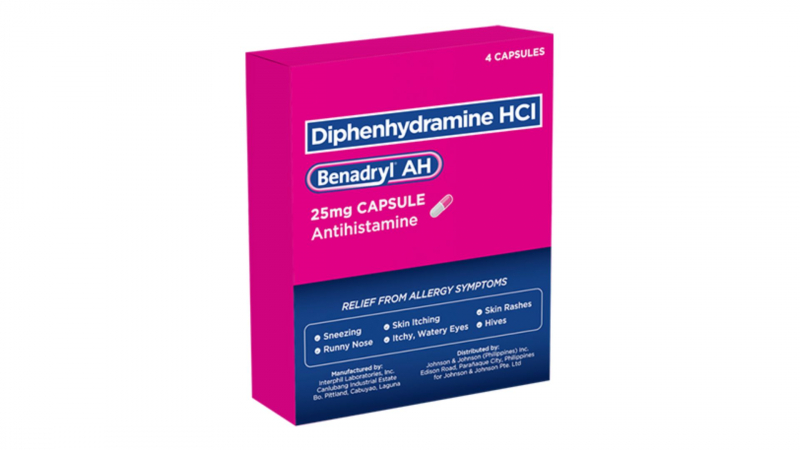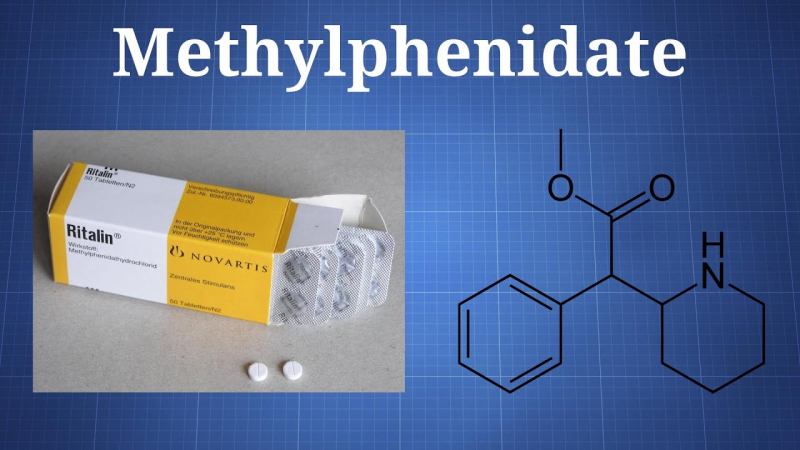Interactions

Top 7 in Top 7 Things to Know About Cymbalta
Medicines that interact with Cymbalta may reduce its effect, shorten its duration of action, increase side effects, or have no effect when combined. An interaction between two medications does not always necessitate the discontinuation of one of them; however, it can. Consult your doctor about how to handle drug interactions.
Among the medications that may interact with Cymbalta are:
- anti-anxiety medications, including other benzodiazepines, such as diazepam and oxazepam
- antibiotics such as ciprofloxacin and enoxacin
- anticoagulants such as warfarin
- anticonvulsants such as phenytoin
- antidepressants, such as amitriptyline, imipramine, nortriptyline, and SSRIs (such as fluoxetine and paroxetine)
- antihistamines that cause sedation, such as diphenhydramine
- antiplatelet agents, such as aspirin, apixaban, clopidogrel, and NSAIDs (such as ibuprofen, diclofenac, naproxen)
- aprepitant
- diuretics, such as furosemide
- heartburn medications such as cimetidine, lansoprazole, and omeprazole
- HIV medications such as indinavir and ritonavir
- linezolid
- methylphenidate
- migraine treatments, such as rizatriptan and sumatriptan
- monoamine oxidase inhibitors, such as selegiline, isocarboxazid, or phenelzine
- omega-3 fatty acids
- opioid analgesics such as fentanyl, oxycodone, and morphine
- muscle relaxants such as cyclobenzaprine
- serotonin modulators, such as nefazodone and trazodone
- sleeping pills, such as zolpidem
- some chemotherapy treatments
- some heart medications, such as amiodarone, flecainide, doxazosin, and prazosin
- some medications used to treat mental illness, such as aripiprazole, clozapine, and thioridazine
- any medication that releases serotonin, such as lithium, tramadol, and St John's Wort
- voriconazole.
It should be noted that this list is not exhaustive and only includes common medications that may interact with Cymbalta. For a complete list of interactions with Cymbalta, consult the prescribing information.








